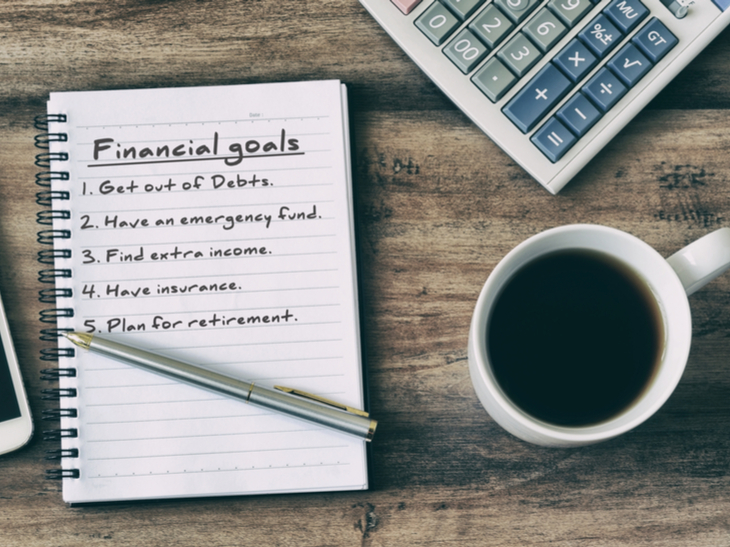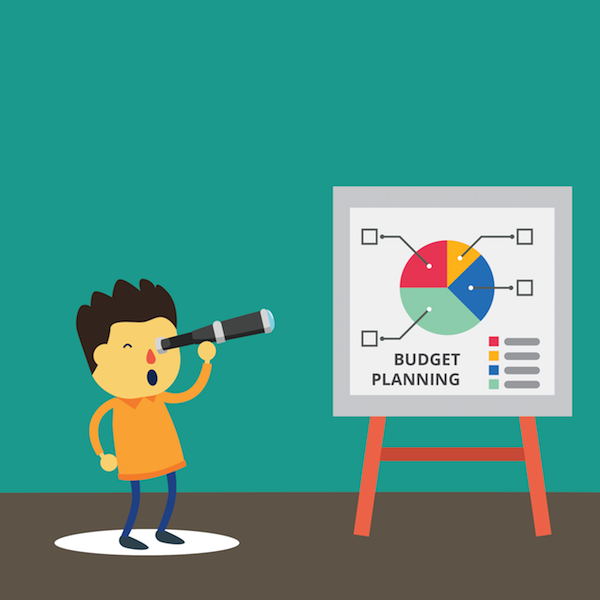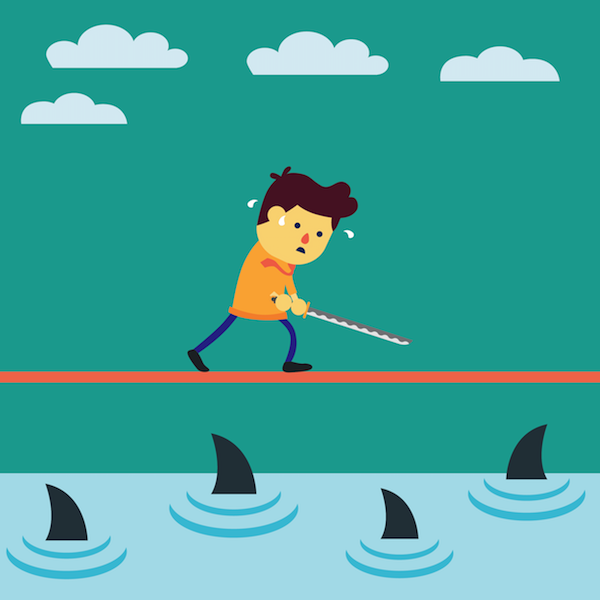Step By Step Guide To Financial Fitness

It always seems impossible until it is done. – Nelson Mandela
We all have dreams with the hope that they shall be fulfilled someday. It is this desire that gives purpose to our lives, motivating us to strive harder to transform these dreams into reality. Every wish needs to be backed up with an action plan for fulfillment. Losing weight, working hard for that increment, eating healthy, quitting smoking and pursuing a long lost hobby are few such goals that keep us going. But have you thought about your financial goals yet? These goals are perhaps the most important that require systematic planning and execution since they involve money.
Short and long term financial goals can be achieved through workable plans that channelize your income with a three pronged approach of savings, investment and growth. Financial goals are essential because they determine the quality of life we set for ourselves at present as well as future. If you have not thought about these objectives so far, here is some help for you to get started:
Start Budgeting

Preparing a budget is perhaps the most important and first of the many steps in financial goal setting. It plays a crucial role in determining your financial health. Budgeting is often misinterpreted as a slash down on expenses. But in reality, it helps you understand where your money is going and prioritize spending. This knowledge will help you in spending your money wisely and also in saving more.
Clearing Debts

Your debts could range from credit card debt to other loans, which could involve major spends from you. You have to plan to clear these debts in a systematic manner so that you have more money in hand for spending, saving and investment. Repayment of loans should be top priority. Try to settle loans with lowest value and highest interest first.
Creating Emergency Fund

Building an emergency fund has more advantages than you can think of. Fulfilling this short term financial objective takes away monetary insecurity and helps you save for a rainy day. An emergency fund should be able to take care of your living expenses for 3-6 months and also be easy to access in case of an emergency. You must begin saving for one today.
Planning for Retirement

Retirement is something you don’t think much about especially if you are young. But the earlier you start the better it is. You need to work out a superannuation plan so that you can live in comfort even when you have stopped working. Keep in mind your lifestyle and invest accordingly. Explore other sources of income like a side business or renting out a property so that revenue keeps coming.
Buying Insurance for Contingencies

Insurance is often overlooked in financial goals, as it is not considered high priority. Make sure you have enough coverage in the form of life insurance and health insurance that protect you as well as your family in case of unforeseen circumstances. Research well and choose plans that best serve you. The premiums are generally not very high if you start early. Getting insurance is like carrying an umbrella to save you on that rainy day.
Invest, invest, invest!

Putting aside money alone is not enough, your money needs to grow as well. There are multiple investment options like SIPs, insurance, real estate, security bonds, fixed deposits, etc. that fetch you returns. Even if the amount is less, start today and invest systematically every month.
Setting short or long term financial goals can be overwhelming, especially if you have never been at it. “I don’t have enough now. Maybe next month…”, “My next bonus will help me take that vacation”, “I will start planning for my retirement next year” – are a few common excuses we use to defer financial goal setting. But it is never too late to begin. Start today.
Gautami Sen is an MBA having majored in finance. However, she now fuels the creativity in her through various passionate pursuits like writing, painting and honing her culinary skills.
best
Thanks Gautami. You have made it simple
Thanks again
Very well summarize
Very useful thank you app maker